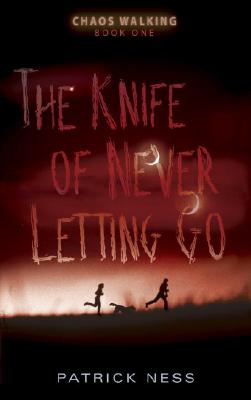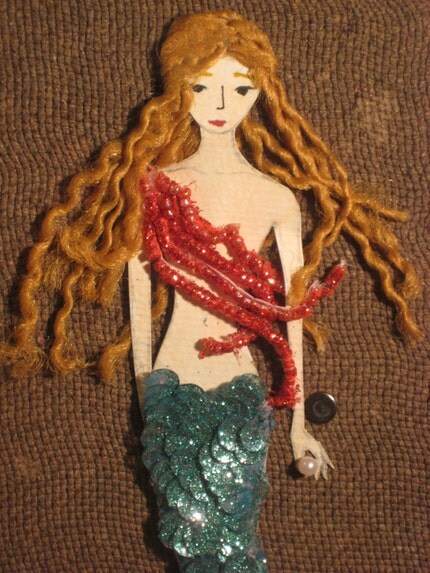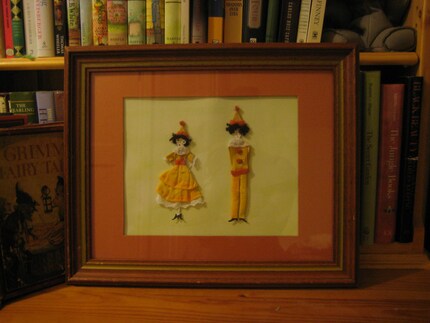 Do you remember that game we used to play? The one where we lay on our stomachs at the edge of a pool, or a pond, or a puddle.
Do you remember that game we used to play? The one where we lay on our stomachs at the edge of a pool, or a pond, or a puddle.The point of the game is to identify the things that slide by, on top of the water. What kind of dragonfly? What brand of airplane? Is that a bee, or is it only a fly?
The rules of the game go like this: Don't get distracted by things above or things below. Don't look up. Don't look through. If you, even for a moment, remove your eyes from the upside-down, flattened world, then it is my duty to dip my thumb in cold mud and mark the score on your forehead.
I'm pretty sure you remember the rules. I'm pretty sure since there was that time you told me the story about the millionaire. The guy who thought that, if he could only get on the right plane, he would catch up with the ghost of his mother, perpetually caught on the route between San Francisco and Sarasota. He would wake up from the reclining seat's fake leather embrace, and she would be there, curled up as small as a loaf of bread, on the foldaway table beside him. He would ask her the secret to his favorite cake, which had figs and chocolate in it, both of which now made him cry in a loud and embarrassing way, and which she had never taught him how to make.
How many planes would he have to take? I asked. We counted two upside-down in the puddle, one American and one Japanese, but we were near the airport and everything flew too low to be considered a challenge.
At least a hundred, you said. But after that, it would be easy. I rolled over to see if you were kidding, because it didn't seem easy at all. The sky was just as blue over your shoulder and the planes were just as low, and then you laughed so hard that your thumb slipped and drew a stripe of slime right into my hair.
Games are really only fun if you remember the rules. Otherwise you could do anything. You could turn away from where you're supposed to look. You could see me curled up right here, the size of an apricot or the size of a trombone; and there would be no translation, no embarrassing linguistic mistakes, even though your country, where things are alive, and my country, where things are dead, have never been able to understand each other, except as a losing game of charades.
If you ever get to meet that millionaire, if you haven't just made him up, please tell him this: Ten words. Fifteen syllables. Three actions and three objects. One negative. Close, but keep guessing. You aren't getting it, so work on something else.
The correct answer is broil the figs; grate the chocolate; don't forget the lemon.
It's a message from his mother, not from me. I just said I would deliver it, if I ever had the chance. Now, don't look away or it will be your responsibility too. You'll have mud on your face and nothing to show for it, except the shorthand for a particularly difficult recipe that belongs to someone else.




























